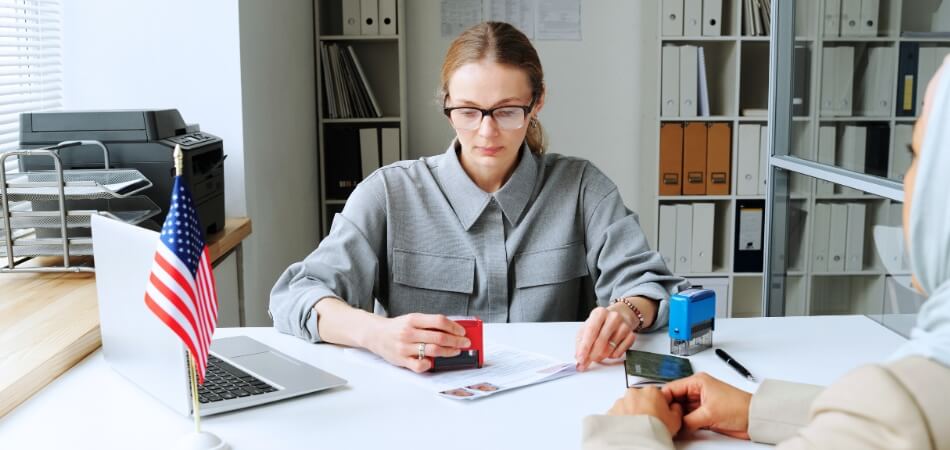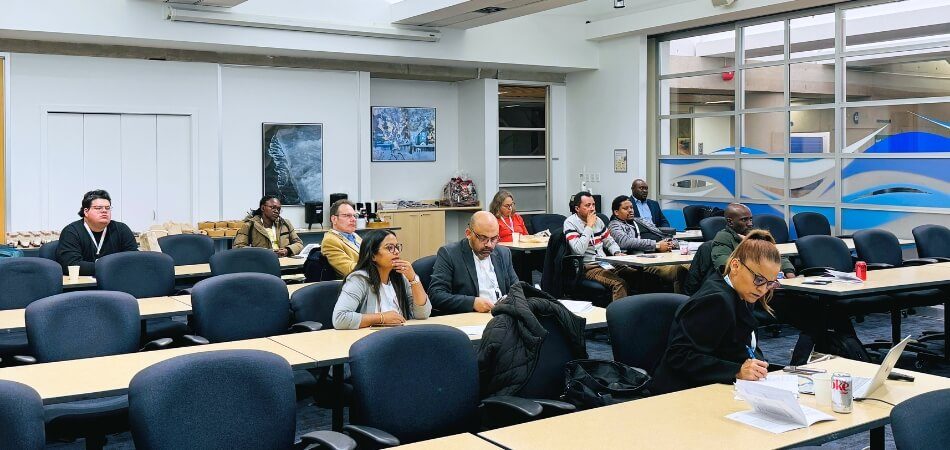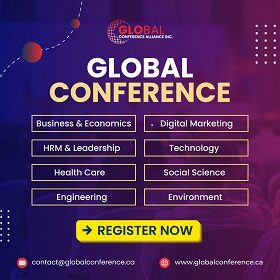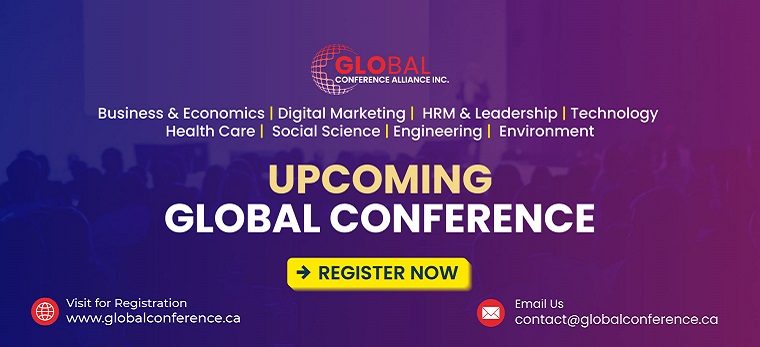Traveling internationally often raises a multitude of questions. Chief among these for many professionals and academics is the issue of securing a visa for attending conferences. Is it easy to get a visa to attend a conference in the USA? you might ask.
Well, while the United States welcomes numerous attendees to various conferences each year, obtaining visa hinges on several factors, these range from the applicant’s home country and documentation readiness to the nature of the event itself.
However, with adequate preparation and awareness of the process, potential roadblocks can be anticipated and tackled effectively. Join us as we delve into this critical query’s requirements, procedures, and challenges.
Conference Visa In the USA – What Should You Know
The US Conference Visa, officially termed the B-1 Business Visa, is primarily for individuals attending conferences, seminars, or business meetings in the United States. The duration of this visa typically spans six months, though extensions are possible under certain circumstances. Application procedures mandate a valid passport, a filled DS-160 form, and an interview at the US embassy or consulate.

Accuracy in the documentation provided is crucial to ensure swift approval. This includes an invitation letter from the conference organizers by registering for your preferred conference, proof of funds to cover the trip, and intent to return to one’s home country post-conference. Consular officers assess the applicant’s ties to their home country, ensuring the visit’s temporary nature.
However, securing a visa doesn’t guarantee entry into the US. Customs officials can re-evaluate one’s eligibility upon arrival before granting or denying access. Therefore, carrying all relevant documentation beyond the visa application is highly recommended for a seamless experience.
Types of Visas Available for Conferences in the USA
The USA offers various visa types tailored to attendees of different events. Here’s a closer look at the main categories.
B-1 Business Visa
Primarily designed for business-related activities, the B-1 visa covers conference attendees, seminar participants, and business meeting delegates. Applicants must demonstrate their trip’s purpose, proving it’s strictly business-oriented. This visa usually lasts six months, but extensions can be sought under specific circumstances.
After approval, this visa type only automatically ensures entry. Upon arrival, US customs officials can conduct further assessments. As always, having all documentation handy streamlines the entry process.
J-1 Exchange Visitor Visa
This visa targets individuals participating in exchange programs, including conferences related to academic pursuits or research. Ensuring eligibility requires proving participation in a State Department-approved exchange program. The duration of stay varies based on the specific program type and other considerations.
However, the J-1 visa often carries a ‘two-year home country physical presence requirement. It means visa holders might need to reside in their home country for two years post their US stay. Always check for this clause when considering a J-1 visa.
I Visa for Media and Journalists
Members of the media attending conferences as reporters or journalists might qualify for the I Visa. This specialized visa is strictly for foreign media representatives, including press, radio, and film. It ensures they can work and report from US soil.
Acquiring the I Visa doesn’t promise unchallenged US entry like other visa types. All applicants undergo thorough vetting by customs officials upon arrival, emphasizing the need for complete documentation.
Is it Easy to Get a Visa To Attend a Conference In the USA?
The US visa application process is crucial for global attendees of American conferences and events. Applying for a US Conference Visa, like the B-1, often involves stringent vetting procedures. Detailed documentation, including an invitation from event organizers and proof of funds, is imperative.

Additionally, evidence showcasing intent to return to one’s homeland post-event strengthens the application. Typically, the processing time for a conference visa in the US varies based on the visa demand from each country.
Several factors play pivotal roles in determining visa approval. Consular officers meticulously evaluate an applicant’s ties to their home country. A clear, temporary intention for the visit boosts the chances of obtaining the visa.
Possessing a visa only sometimes guarantees seamless US entry. Arrival sees further evaluations by customs officials, determining an attendee’s eligibility. Thus, preparedness with all relevant documents ensures a hassle-free entry experience.
Eligibility Requirements for Conference Visa in the USA
Securing a conference visa for the USA demands meeting specific eligibility criteria. Here’s a brief breakdown of these prerequisites.
- Valid Passport: All applicants must possess a valid passport. It should remain valid for at least six months after the intended stay.
- DS-160 Form: The DS-160, Online Nonimmigrant Visa Application, is mandatory. Ensure you complete it accurately and submit it online.
- Photo Requirements: A digital photograph that meets specific US visa photo requirements is necessary. The photo should be recent and adhere to the prescribed specifications.
- Invitation Letter: An official letter from the conference organizers is critical. It should detail the nature, duration, and purpose of the attendee’s visit.
- Proof of Funds: Demonstrating the ability to finance the trip is essential. It can be bank statements, employment letters, or salary slips.
- Intent to Return: Proof that signifies intent to return to the home country after the event can expedite approval. Property deeds, employment contracts, or family ties often suffice.
- Interview: Most applicants between 14-79 years require a visa interview. Scheduling this at a US Embassy or Consulate is a fundamental step.
How to Get a Visa to Attend a Conference in the USA?
Securing a right visa type for a conference in the USA involves a systematic approach. Below is a comprehensive step-by-step guide to navigating the process.

Step-1. Determine Visa Type
Before you start the application process, ascertain the correct visa type. For most conferences, the B-1 Business Visa is appropriate. However, check if any other specialized visa fits your needs better.
Step-2. Complete DS-160 Form
Start by filling out the DS-160 form online. After completion, you’ll receive a confirmation page and code. Preserve this, as it’s required for booking your interview.
Step-3. Pay the Application Fee
There’s a non-refundable visa application fee. The amount may vary depending on visa type and bilateral agreements. Ensure you keep the receipt as proof of payment.
Step-4. Schedule an Interview
Most applicants need an interview at a US embassy or consulate. Wait times can vary significantly, so book well in advance. Remember to keep all necessary documents ready for this.
Step-5. Gather Required Documents
It includes a valid passport, conference invitation letter, DS-160 confirmation, photo, proof of funds, and visa application fee receipt. Keeping them organized can expedite the interview process and increase approval chances.
Step-6. Attend the Interview
On the day of the interview, arrive promptly. Answer all questions truthfully and confidently. Upon conclusion, you’ll be informed about the visa’s approval or denial.
Step-7. Wait for Processing
Post-interview, there may be a wait due to administrative processing. Once approved, you’ll receive information on how and when your passport with the visa will be returned to you.
Popular Conferences to Attend in the USA
The USA hosts numerous conferences annually, drawing global attention across diverse sectors. Here’s a spotlight on five notable events.
SXSW (South by Southwest)
Held in Austin, Texas, SXSW is a unique fusion of film, music, and interactive media. It attracts creatives, tech enthusiasts, and investors. This conference is renowned for its forward-thinking panels and entertainment.
CES (Consumer Electronics Show)
Hosted in Las Vegas, CES is the world’s gathering place for all involved in consumer technologies. Innovators showcase breakthrough tech products here. Thousands flock to witness the future of technology firsthand.
TechCrunch Disrupt
This annual conference, held in various cities, celebrates startups and innovation. Entrepreneurs, investors, and industry insiders converge for networking and learning. It’s a hub for unveiling new tech products and ideas.
American Psychological Association Convention
As the largest gathering of psychologists globally, this event offers insights into the latest research findings. Professionals discuss innovations in therapy, mental health, and behavioral studies. Workshops and presentations span diverse psychology sectors.
The Wall Street Journal’s Future of Everything Festival
Set in New York, this event is a multidisciplinary exploration of what lies ahead. Topics range from artificial intelligence to health innovations. Industry leaders and thinkers dissect trends shaping our tomorrow.
By attending these events, participants can gain insights, network, and discover the latest in their fields.
Final Brief
The journey of obtaining a visa for any purpose often presents a series of steps laden with specific requirements. Is it easy to get a visa to attend a conference in the USA? is a question that doesn’t offer a one-size-fits-all answer.
Depending on one’s situation, the process can be straightforward or pose challenges. The Problem lies in the intricate documentation, interview processes, and variable approval times.
However, the answer is that the pathway can be smoother by arming oneself with the correct information, meticulously preparing documents, and understanding the nuances. In Summary, while the visa acquisition process has its complexities, with proper preparation, it is undoubtedly navigable, making attending that crucial conference a feasible goal.





